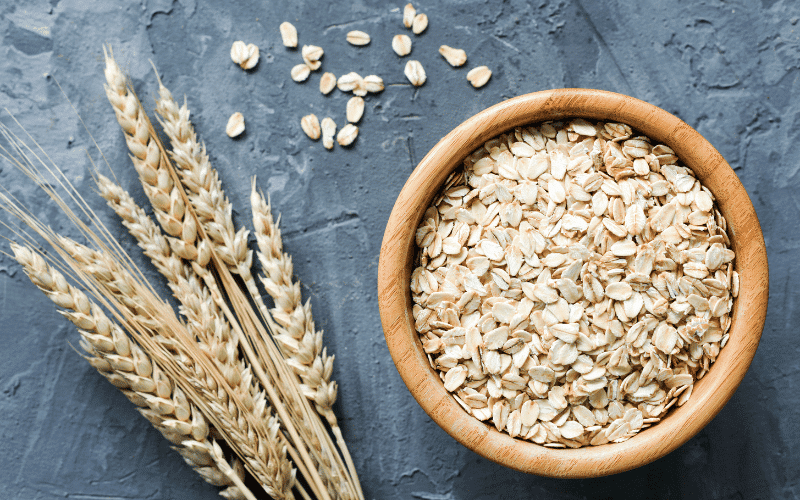Food 15. Oats: A Bowlful of Heart Health

Often hailed as a “superfood”, oats are a nutrient-dense food that holds significant benefits for heart health. They’re a staple breakfast food for many, and for a good reason. Let’s explore why oats deserve a spot in your AFIB-friendly diet.
Oats are high in dietary fiber, particularly a type known as beta-glucan. This soluble fiber has been shown to reduce LDL cholesterol, one of the major risk factors for heart disease. Beta-glucan works by forming a gel-like substance in the gut, which can bind to cholesterol-rich bile acids and prevent them from being reabsorbed into the body. This process helps to lower overall cholesterol levels.
Beyond their cholesterol-lowering properties, oats are an excellent source of magnesium, a mineral that plays a crucial role in maintaining heart rhythm. This makes them particularly beneficial for individuals with AFIB. Magnesium works by aiding the electrical conduction in the heart, helping to prevent irregular rhythms.
Furthermore, oats are high in antioxidants, with one of the most notable being avenanthramides. These unique antioxidants are almost solely found in oats, and they’ve been shown to have anti-inflammatory effects. Avenanthramides also help lower blood pressure by increasing the production of nitric oxide, a gas molecule that helps dilate blood vessels and improve blood flow.
Adding oats to your AFIB diet can be as simple as enjoying a warm bowl of oatmeal in the morning. But don’t stop there—you can add oats to smoothies for a fiber boost, use them as a binder in homemade veggie burgers, or even incorporate them into your baking for a healthier twist. Just remember to stick to the minimally processed varieties, such as steel-cut or old-fashioned oats, to maximize the health benefits.